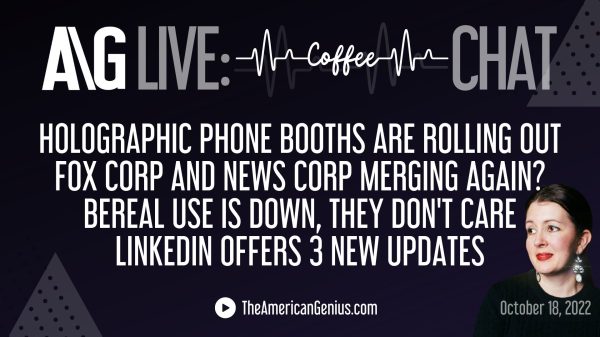The $11 billion e-commerce purveyor of dollar-store value tchotchkes, Wish, was built on the foundation of cheap shipping subsidies. The Universal Postal Union (an arm of the UN that governs international shipping rates) previously provided a subsidy such that any package weighing less than or equal to 4.4 pounds could be shipped more cheaply from China than within the United States. But on July 1, the subsidy was eliminated and shipping costs doubled overnight.
Since January 2019, 36,000 small businesses in the United States and Europe have partnered with Wish to stock their items. In return for putting a few kitschy knick-knacks on their shelves, they get access to Wish’s 80 million active users. These users are generally low-income folks who either can’t afford or refuse to shell out the $119 per year for Amazon Prime membership, which affords customers oft-discounted goods and free shipping. Wish saves on operating costs for warehouses and workers, and consumers save money on the back end.
Wish hopes to increase their small business partners to 100,000 businesses by the end of 2020. That goal is ever more important given the subsidy cut that now disincentivizes their initial model. If customers want the same low-price goods they have grown used to, they will now have to pick up their parcels from a local retailer that Wish is bundling and funneling orders through. These partnerships – though they may water-down the quality of offerings by small retailers – provide an innovative solution for small business that have struggled to survive closures and capacity restrictions since the coronavirus outbreak took off in the US.
Granted, the world will keep turning without services like Wish. The website is the ultimate data-collecting scam. You can’t enter the website without logging in, and once you do, you have to select your age range and the gender you’ll be shopping for: women or men (Can’t I shop for everyone, including those in between and outside the binary? Get with the program, Wish!) Can’t they figure out my shopping habits by spying on me through cookies like everyone else?
At least they offer 10% off during your first three days of shopping! AND 50% off if you login 7 times in your first month! How’s that for a predatory shopping experience?
But I digress. If capitalism has taught us anything (as much as it pains me to put this in writing) it’s that America cannot rely on the government for nimble, holistic solutions that support the shared interests of public health and economic health. At least not for this particular public health crisis during this administration, if not always. Instead, we consistently rely on the private sector to offer us innovative solutions to our daily frustrations: transportation access (Uber/Lyft), grocery shopping (Instacart), affordable prescriptions (GoodRx), job hunting (LinkedIn/Indeed), and more. What makes this different?
Small businesses have suffered deeply from this pandemic and subsequent recession. Metlife and the US Chamber of Commerce conducted a poll of small businesses published on July 29, which found that 70% of respondents are worried about long-term financial hardship due to closures, and 58% worry about permanently closing. Retailers could pivot to set up e-commerce solutions to their brick-and-mortar woes, but the barrier to entry using that technology costs time and money that owners may not have as they fight for PPP loans, rent forgiveness, and negotiating interest rates.
The United States practically guarantees affordable manufacturing can only be imported from Asia. And so long as capitalism guarantees there will always be a class of consumers surviving on the lowest margins of our society, there will always be demand for cheap goods. Every purchase matters for a small domestic retailer to stay open and afloat. If the flow of these goods through American small businesses offers owners a way to keep their doors open and low-income consumers a way to keep purchasing – even if only by small tokens of increased foot traffic and impulse buys – it’s worth it.
Heather Buffo is a Cleveland native, a recovering Bostonian, and an Austin newbie. Heather is the Venture Growth & Partnerships Lead at Republic where she works with partners in private investing to democratize access to capital for entrepreneurs. Heather studied neurobiology at Harvard University, and is a City Year Boston AmeriCorps alum. She likes to write for AG, drink Austin beer, and ride around town on her road bicycle. His name is Pippin. Say hello if you see them.











































